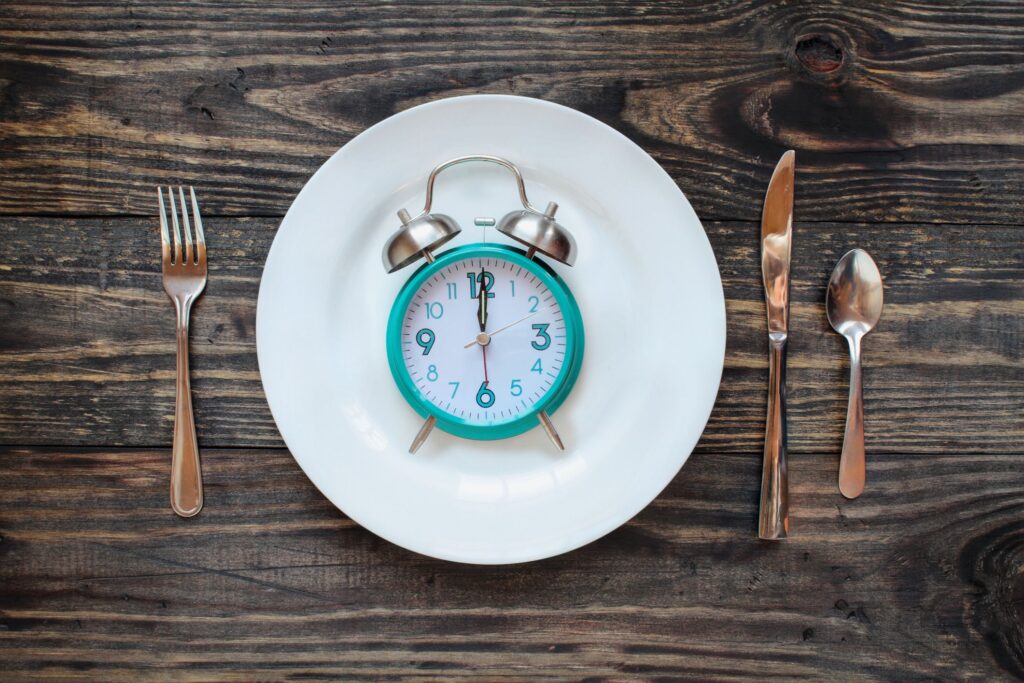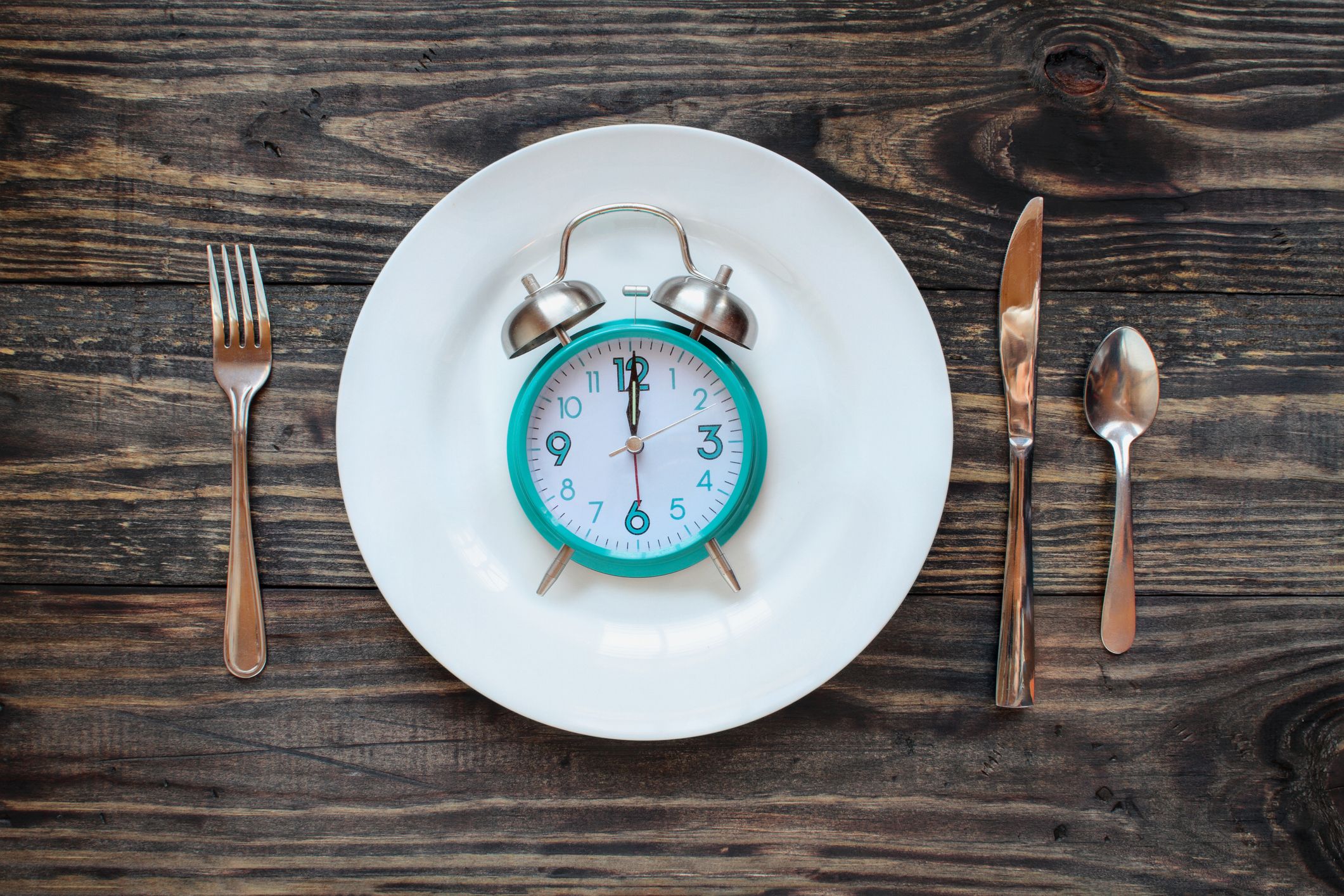
Intermittent fasting is an eating pattern that has been getting a great deal of popularity in the past few years. The main intent of intermittent fasting is to create a calorie deficit and compel the body to burn excess fat. It entails the dieter to start and stop eating at specific times of the day.
As great as intermittent fasting is however, it can be quite difficult to stay consistent with your fasting schedule which is vital if you are to attain your goals. Here are 7 ways to make your intermittent fasting more efficient:
Have a Set Schedule
There are various types of fasting and it all depends on your scheduling. When you do intermittent fasting, it is important that you have a set schedule. The most common type of intermittent fasting is time-restricted fasting. This mode of fasting entails you to eat only during a certain number of hours each day. Some people follow the 16:8 diet wherein they fast for 16 hours and have an 8-hour window to feed.
This very specific feeding period can be a bit tricky to get used to. You will need to be able to keep track of your time efficiently. So your timepiece or watch has to be in the best condition possible.
You could even upgrade your watch and have it installed with cool watch hands that glow in the dark. This neon feature will allow you to keep track of your feeding schedule even in pitch dark areas. It is particularly useful during camping trips or nighttime drives where you still want to track your fasting schedule, without taking out your phone to check the time.
Drink as Much Water as Possible
During the early phases of your fast, there will be times you will be tempted to eat before your scheduled feeding time. The human stomach has the ability to shrink and expand according to how much food you put into it.
So your body will eventually adapt to your new diet. However, the first few weeks will be difficult for you. Your stomach will be rumbling and you’ll be tempted to gobble up anything that you can get your hands on. You will have to find a way to trick your body into thinking that it is full.
Make it a habit to drink as much water as possible. By filling up your stomach with water, you will feel full, and not have the urge to eat anymore.
Avoid the Urge to Binge
Some newbie dieters think that once its feeding time, they can just eat as much as they want. They think that because they are limiting their consumption at a specific time, they have free reign to eat as much as they want during their feeding time.
This is a very big mistake because they will just be replenishing the calories that they lost during their fast. So do yourself a favor, and resist the urge to binge.
Incorporate Tea and Coffee Into Your Dieting
If you get a bit tired of drinking just water to fill your stomach, it is also a good idea to incorporate tea and coffee into your fasts. Tea and coffee both have caffeine which can help increase your metabolic rate. Lay off the sugar though because you’ll just end up drinking your calories.
If plain tea or coffee is not to your liking, you could also opt for sugar substitutes and honey. That way you could still enjoy your drinks without having to add calories into your diet.
Have a Balanced Diet
Yet another mistake that newbies make is that they forget to eat a balanced diet. Just because you are limiting your feeding window, does not give you an opening to eat junk food every day.
It is important that you practice meal planning. That way you won’t have to wonder what you should eat. It is best to make pre-made meals that you can just heat up.
When you strategize your meal plans, it is a good idea to lay off processed carbs and sugar. Make it a priority to eat as many greens as possible. Limit your protein, and opt for white meat instead of red meat. Above all else, it is important that you practice portion control and be as disciplined with your food intake as possible.
Don’t Overdo Your Exercises While Fasting
When you’re working on losing weight, it is always a good idea to work out. However, if you are fasting, you should avoid exercising too hard. Remember that your body is going through a caloric deficit, and if you overdo it with your workouts, you might end up suffering hypoglycemia and pass out.
Just take it easy, and don’t go overboard. If you want to work out, you should take things slow. Go for a short jog or just do a few calisthenic exercises. You could also practice yoga because they are low impact exercises.
Consistency Is Key
All these tips are useful, and they will make intermittent fasting easier. However, you will need consistency in order to pull it off. Remember that anything worth having takes time and effort, and you will need to be consistent with your fasts if you want to lose weight. If you fall off the wagon once in a while, don’t feel too bad about it. Just keep pushing and go through with your dieting.
Conclusion
It can be difficult to stay true to your diet for long periods of time. It is also hard to find the right fasting method. You will need to experiment a bit and find the right time for you. Luckily, with these tips, you’ll be able to reach your intermittent fasting goals.
